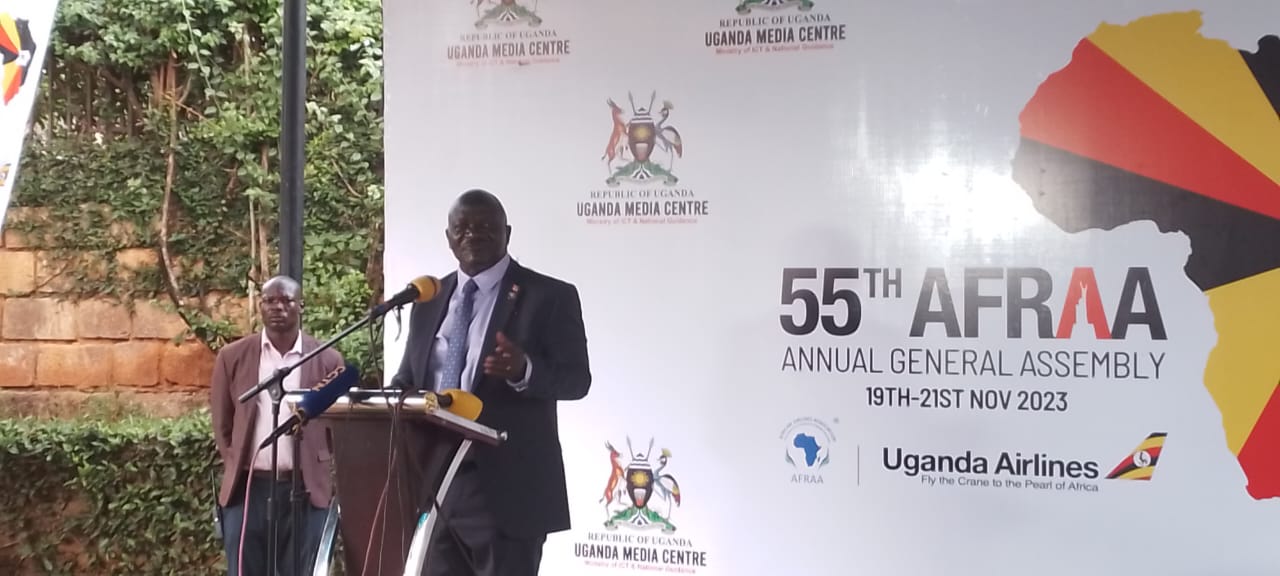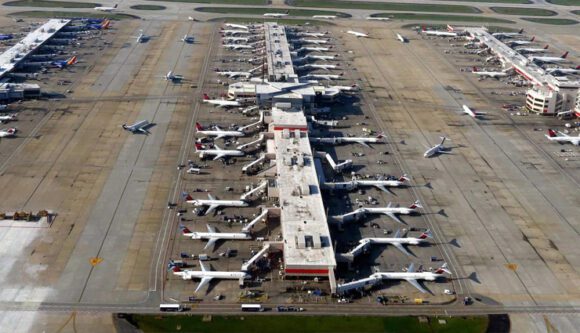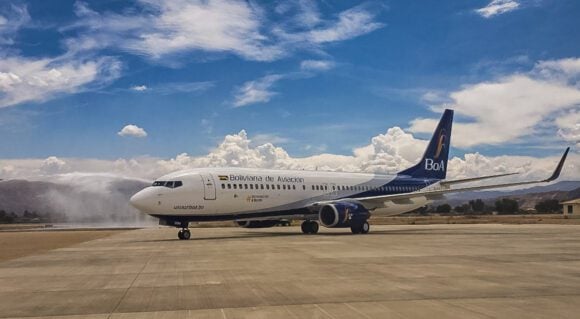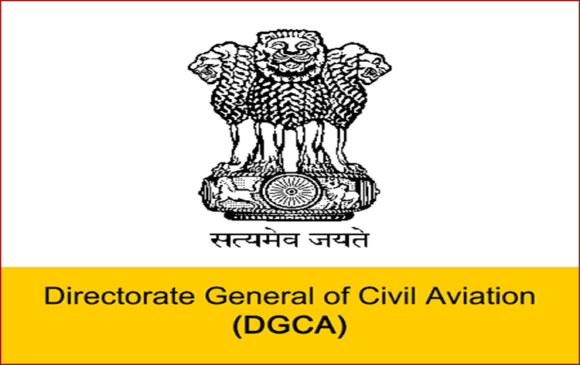
WhatsApp Image 2023 06 01 at 11.12.39
Uganda says it will accede to the SAATM treaty by year-end, even as the African Airlines Association (AFRAA) laments that implementation is slow, despite a majority of African states signing up to the five-year-old pact. Uganda commits to sign for SAATM by year-end.
“We cannot be an island, and so we are going to sign. We have completed the review of the treaty vis-à-vis our aviation law and found that we aligned up to 90 percent. But it is a world of give and take, so we shall have signed by the end of the year,” Uganda’s Minister for Works and Transport, General Katumba Wamala (main picture) told AirInsight.
Wamala was speaking in Kampala on the sidelines of the launch event for the 55th AFRAA AGM, which Uganda will host from 19-21 November 2023. He added that there have also been detailed discussions with the African Civil Aviation Commission (AFCAC) and “the consensus within government is that we are ready to sign for SAATM.”
Wamala’s revelations come on the heels of an April 26 stakeholders meeting during which industry opinion on joining SAATM was sought. They are also in consonance with the theme of the AFRAA AGM whose key themes will be sustainability, interconnectivity, and affordability of air transport in Africa.
African connectivity still a challenge
Speaking at the launch via video link, AFRAA Secretary General Abderahmane Berthe noted that intra-African connectivity was still a challenge, and 22 percent (2019 data) of air passengers still have to fly out of the continent before they can connect with another African country. Affordability is still a challenge with only 10 percent of Africans able to purchase an air ticket. Berthe attributed this to a high-cost environment, driven by excessive taxation on the industry.
Even with 35 member states representing 80 percent of traffic signing up, SAATM was struggling to take off because of a slow pace in aligning bilateral air service agreements with SAATM protocols and lingering reservations about the near-term impacts of SAATM on flag carriers.
“Airlines are not fully comfortable with the implementation of SAATM and Some counties are not fully implementing the Yamoussoukro Decision. They are not granting fourth and fifth freedom rights, so we still need to talk and show them the benefits of liberalization. We are also pushing airlines to talk and cooperate and working to get governments to see the benefits of opening up,” Berthe said.
Cutting the red tape
AFRAA Summit president for 2023 and Uganda Airlines chief executive Jenifer Bamuturaki, said she had made “cutting the red tape that impedes the growth of intra-African connectivity,” a priority during her term because Uganda Airlines was a victim, with its expansion stymied by protectionism.
Bamuturaki says partnerships and collaboration were crucial for the survival of African startups and it was necessary for countries to fully open up and operationalize SAATM.
More than 500 delegates representing airlines, airports, regulators, air navigation service providers, manufacturers, and industry suppliers are expected to converge on Kampala for the AGM.
Views: 1



